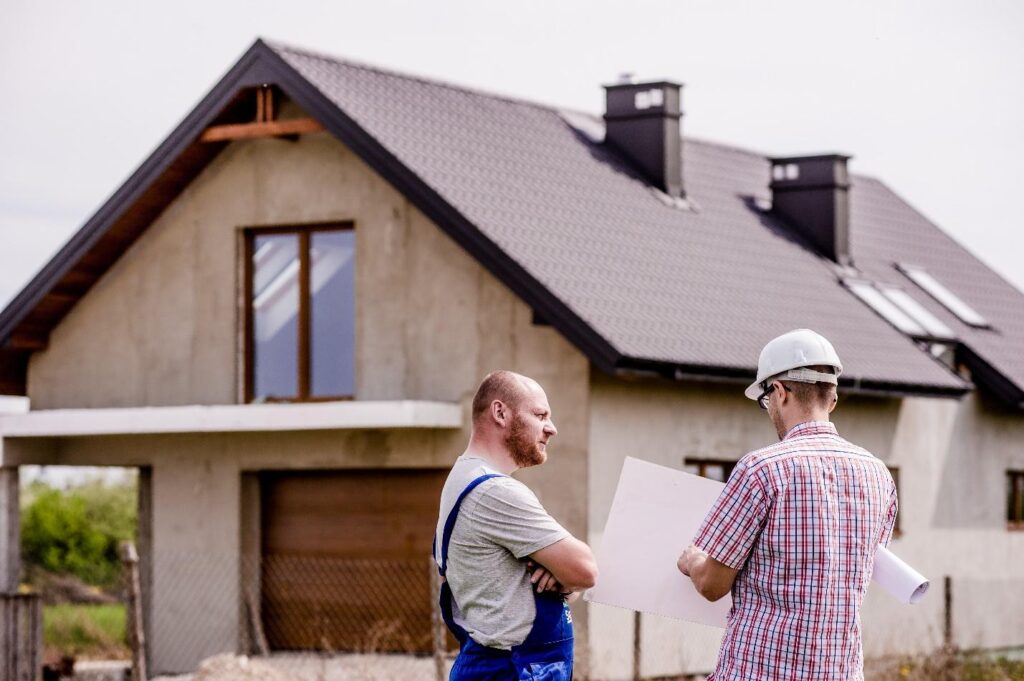Buying a home is an exciting and often overwhelming process, especially for first-time buyers. One of the most crucial steps in purchasing a home in Riverside, California, is the home inspection. A home inspection provides a detailed overview of a property’s condition and identifies any potential issues that could lead to costly repairs in the future. In this article, we’ll break down Riverside home inspection process, helping first-time buyers understand what to expect and how to prepare.

Why is a Home Inspection Important in Riverside?
Riverside, located in Southern California, is known for its diverse housing market, ranging from historic homes to newer builds. While Riverside enjoys relatively mild weather compared to other parts of the state, it does have its unique challenges, such as the potential for earthquakes, seasonal rains, and the occasional heat wave. These factors make a home inspection even more essential for first-time buyers who may not be familiar with what to look for in a property.
The Home Inspection Process in Riverside:
Finding a Qualified Home
Finding a Qualified Home Inspector The first step in the process is finding a qualified home inspector. In Riverside, inspectors are licensed professionals who have completed specific training and certifications to evaluate homes for safety and structural integrity. You can ask your real estate agent for recommendations, or you can search for inspectors online. Be sure to verify their credentials and read reviews from past clients to ensure they’re experienced and reliable.
Scheduling the Inspection
Scheduling the Inspection Once you’ve chosen your inspector, the next step is to schedule the inspection. The inspection is typically scheduled after you’ve made an offer on a home but before you close the deal. In Riverside, the inspection usually occurs within 7 to 10 days of the accepted offer. This gives the buyer enough time to review the results and request repairs or renegotiate the sale if necessary.
Areas of Focus During the Inspection In Riverside, home inspectors focus on several key areas of the property:
Foundation and Structure: The inspector will check for cracks or shifting that could signal foundation issues, which are particularly important in California due to seismic activity.
Roofing and Gutters: The inspector will examine the roof for signs of wear or leaks and check gutters for proper drainage. This is critical in Riverside’s occasional rainy season to avoid water damage.
Plumbing: The plumbing system will be inspected for leaks, outdated pipes, or other issues. Riverside’s water conservation efforts make it particularly important to ensure that the home’s plumbing system is efficient and functional.
Electrical Systems: The inspector will check the electrical system for outdated wiring, overloaded circuits, and other potential hazards, especially considering Riverside’s extreme temperatures in summer.
HVAC System: The heating, ventilation, and air conditioning systems will be tested to ensure they are working efficiently. Riverside’s hot summers make a functional AC system a top priority.
Pest Inspection: Riverside is home to various pests, including termites and rodents. A pest inspection will look for signs of infestations or damage caused by pests.
The Inspection Report After the inspection, the inspector will provide a detailed report outlining their findings. The report will include any issues discovered, along with photos and descriptions of the problems. The inspector may also provide recommendations for repairs or maintenance.
Negotiating Based on the Report If the inspector uncovers significant issues, first-time buyers can use the report to negotiate with the seller. You may ask for repairs to be made before closing or request a reduction in the sale price to cover the cost of repairs. In some cases, buyers may decide to walk away from the deal if the issues are too severe or costly to address.
Tips for First-Time Buyers in Riverside
Be Present During the Inspection: As a first-time buyer, it’s valuable to be present during the inspection so you can ask questions and gain insight into the condition of the home.
Prioritize Key Areas: While it’s important to address all issues, some problems are more urgent than others. Pay close attention to the foundation, roofing, and plumbing, as these can be costly to repair.
Understand the Report: If you’re unsure about the report or technical details, don’t hesitate to ask your inspector for clarification. It’s important that you fully understand the issues before making any decisions.
Work with Your Agent: Your real estate agent can help you navigate the inspection results and negotiate with the seller. They can provide guidance on how to handle requests for repairs or price adjustments.
Conclusion
For first-time buyers in Riverside, the home inspection process is an essential step in ensuring you make an informed decision about your new home. By understanding what to expect and working with a qualified inspector, you can identify potential issues and avoid costly surprises down the line. The inspection not only helps protect your investment but also gives you peace of mind as you embark on one of the most exciting milestones in life—buying your first home.

